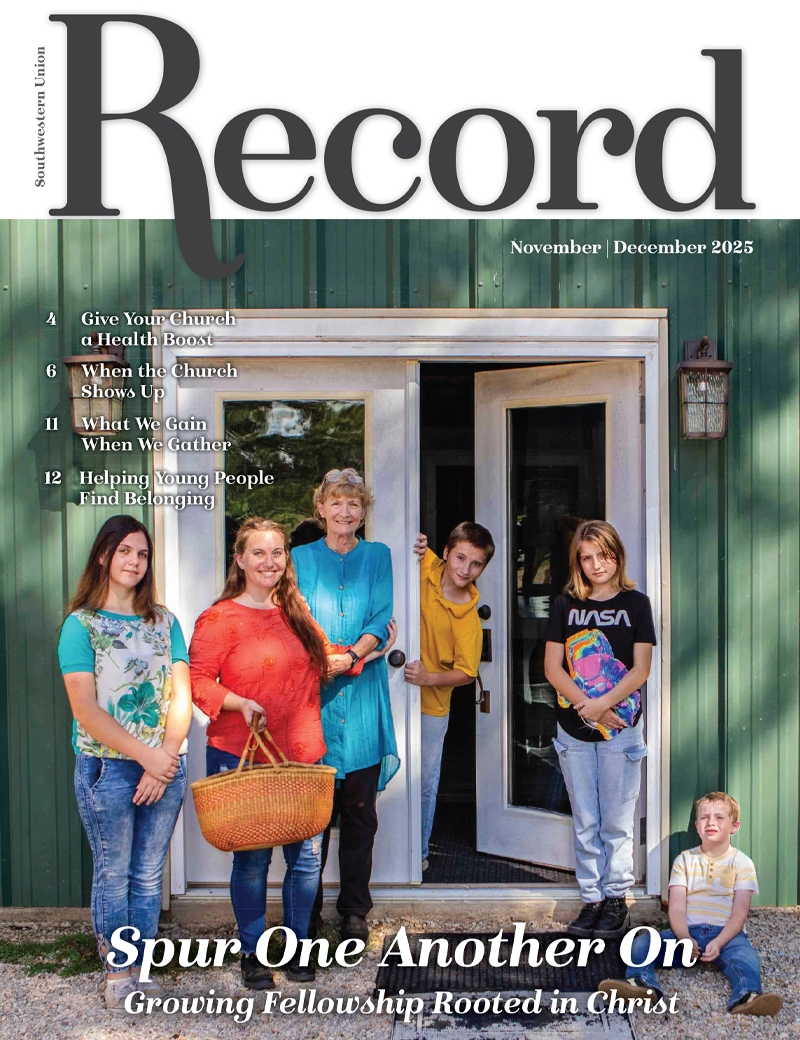Pushing the Limits

Teaching a blind student to play softball or teaching a child in a wheelchair to compete in track may seem impossible, but thanks to a new adapted physical education class, the impossible is taking place at Southwestern Adventist University (SWAU). Community members with physical or mental differences are invited to Southwestern as participants. SWAU students, supervised by Paulino Santos, Ed.D., Chair of the Kinesiology Department, help participants improve motor skills and play sports.
“My goal is to work more with the community and show them what can be done with adapted physical education,” said Santos, a professor at Southwestern since 2015. He previously worked at the State University of Puerto Rico.
Exercise science students begin by testing a participant's motor skills. They record the strengths and weaknesses of participants in order to make an appropriate plan of action. Recent graduate Nancy Licea worked with a seventh-grader named Adriel. He was born with a spinal impairment and has spent his life in a wheelchair. Although it was not easy at first, Licea began to see improvements in Adriel. “Adriel became more confident,” said Licea. “I watched him become more persistent with his work.”
Adriel decided to sign up for track and field at his school. When it came time to compete, Adriel placed in the top seven of the entire state in his category. He also decided to be baptized. The SWAU students from the class all attended the baptism and the track meet.
The class assists individuals dealing with a variety of situations, including those dealing with blindness and autism. They learn how to swim and play softball. The softball beeps loudly, so that a blind person will hear it and know when to swing. Each of the softball bases has a distinct noise for the player to recognize and follow.
“This is something that everyone should at try,” said Licea. “It’s amazing how you can make a difference in people’s lives.”
The course will again be offered at SWAU during the Spring of 2018.
By Makala Coleman


